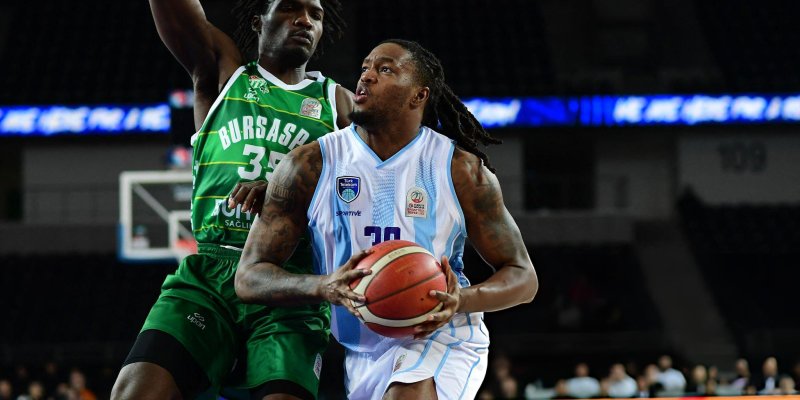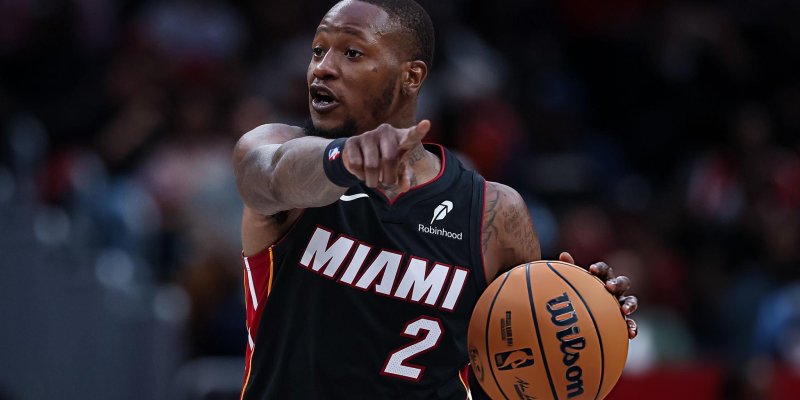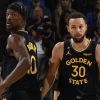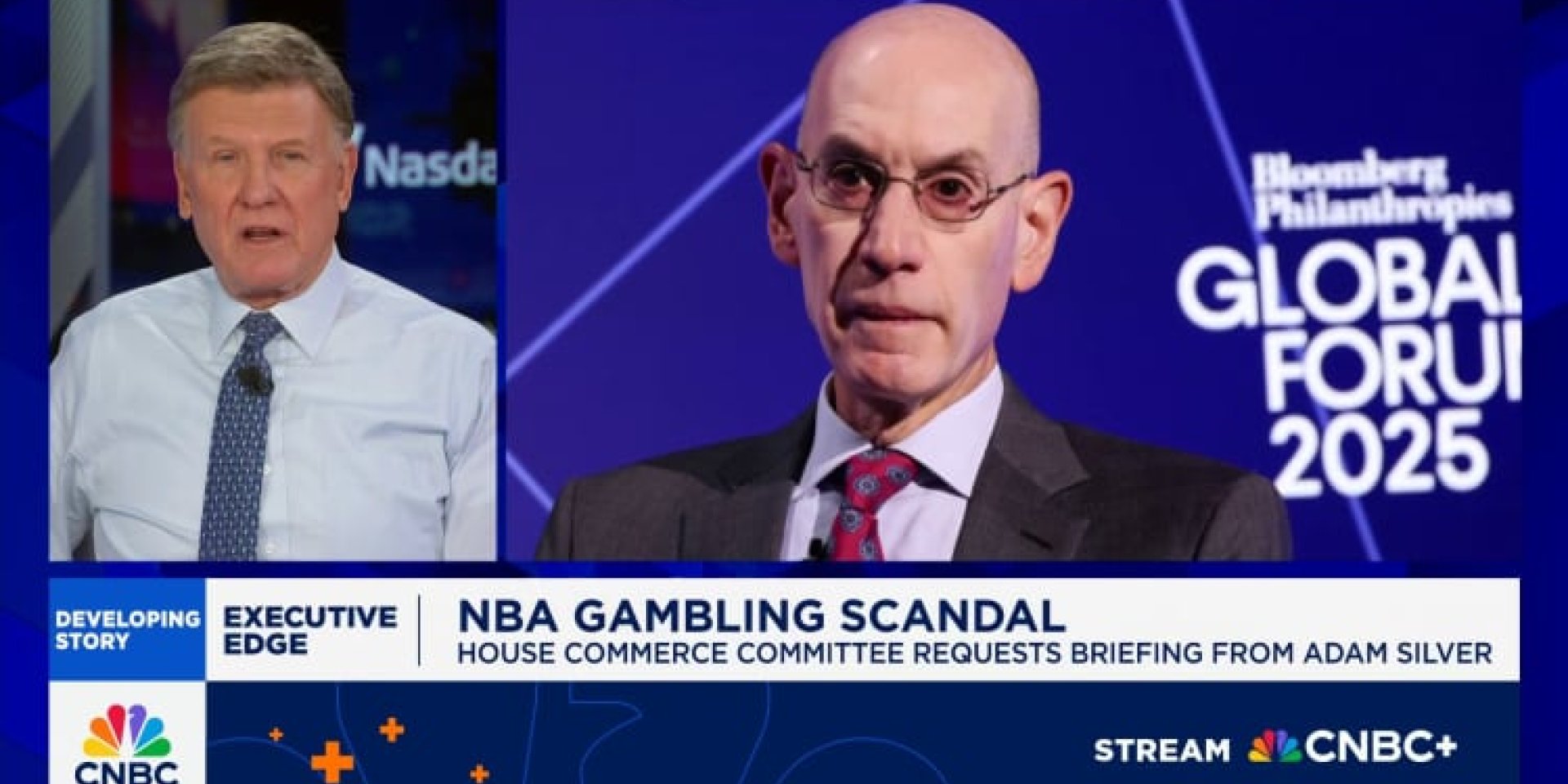
The scandal over illegal betting has reached the Capitol: next Wednesday in Washington, members of the House Energy and Commerce Committee will hold a closed-door briefing with NBA representatives. The session is prompted by charges filed against several current and former league figures and by a high-profile FBI investigation into illegal betting and the use of insider information. Lawmakers want to assess how reliable the league’s current compliance mechanisms are and how the league manages potential conflicts of interest amid close partnerships with sportsbooks.
What Congress Wants to Hear From the NBA
The meeting is expected to focus on two main blocks: first, the structure of the NBA’s partnerships with sportsbooks and the scope of data sharing; second, the safeguards designed to block insider betting and any attempts to manipulate outcomes or individual statistics (prop markets). The discussion will cover policies for access to medical and tactical information, notification procedures, and real-time line-movement monitoring systems.
Who the Investigation Involves
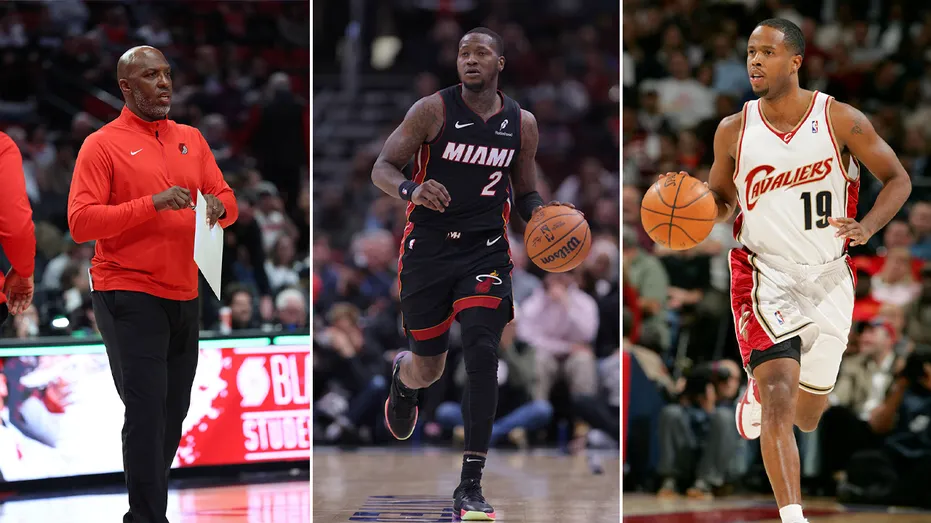
In the background is a criminal case naming Portland head coach Chauncey Billups, Miami guard Terry Rozier, and former Cleveland player Damon Jones. All three were arrested on Thursday. According to investigators, as part of a large nationwide operation, charges were filed against 34 individuals, including current and former NBA players and coaches, as well as 13 alleged mob members and their associates. Law enforcement officials say illegal bets were placed, including on games involving “Charlotte,” “Portland,” “Los Angeles Lakers,” and “Toronto.”
Investigators' Account: Insider Info, Poker, and “Low Scoring Output”
Investigators say Billups figures in a case involving an illegal poker scheme linked to organized crime. Jones is accused of passing insider information about NBA games to co-defendants, which could have been used for betting. A separate thread concerns Terry Rozier: according to the indictment, in March 2023 a $200,000 wager was placed on the player to have low scoring output, after which—while playing for “Charlotte”—he left the court in the ninth minute, citing an injury. These episodes still have to be evaluated by the court — each defendant retains the presumption of innocence.
Player-Prop Betting — A Vulnerable Zone
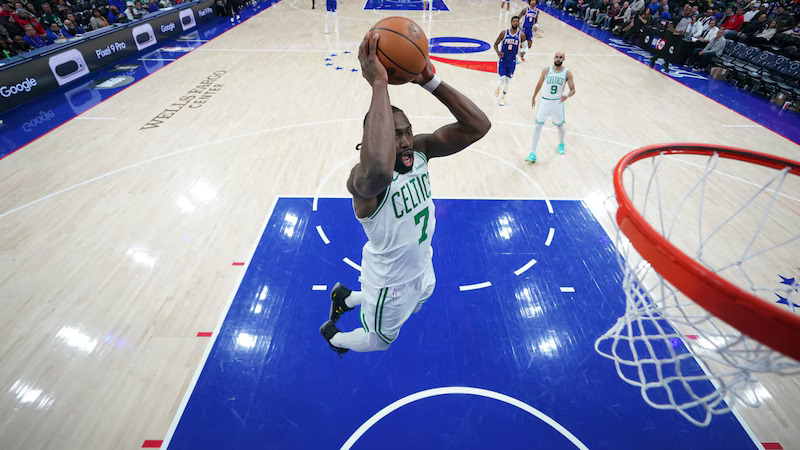
The segment of bets on individual statistics — points, rebounds, assists, or their combinations — raises the most questions. These markets are highly sensitive to any nonpublic information: limits on playing time, health status, or planned rotations. That is why regulators and leagues are tightening protocols: from strict betting bans for players, coaches, and staff to centralized analytics of odds spikes and mandatory injury reports in a standardized format with firm deadlines.
Sportsbook Partnerships Under the Microscope
For the NBA, engagement with the betting industry is a source of revenue and a way to expand fan involvement. But the deeper the integration, the higher the cost of mistakes. Congress expects clear answers: how commercial interests are separated from integrity controls; what data are shared with operators; how auditing works; and whether the league has the authority to swiftly shut specific markets — for example, certain prop bets — if suspicions arise.
What Comes Next: Tighter Rules and a New Level of Transparency
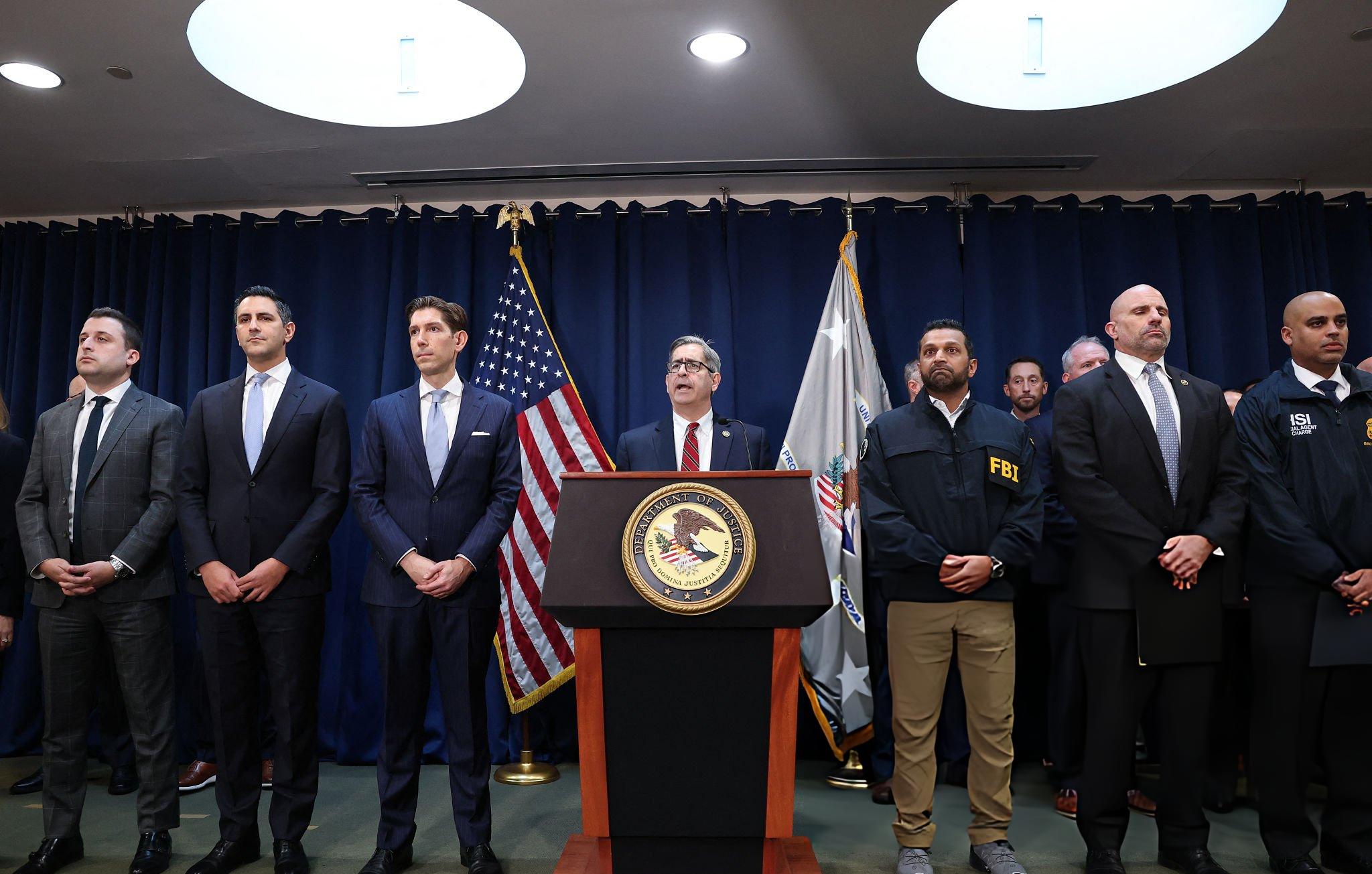
Following the briefing, tougher internal regulations — and possibly new legislation — may be on the way. On the agenda: expanding the list of individuals subject to categorical betting bans; more granular injury reporting; broader powers for sports-integrity units; and uniform sanctions where violations are proven. For sportsbooks, this could mean stronger requirements for monitoring, anomaly scoring, and the sharing of alerts with the league and law enforcement.
Fair Play — The Most Important Odds
This high-profile investigation has become a stress test for the entire betting ecosystem around the NBA. The league’s response — and the transparency of its actions in dialogue with Congress — will shape not only reputational risk but the market’s architecture for years ahead. If rules tighten and oversight sharpens, the winners will be players, fans, and fair competition. Ultimately, trust in the result is the main number that professional sport truly bets on.

